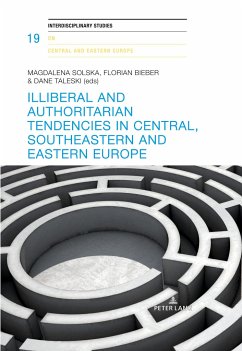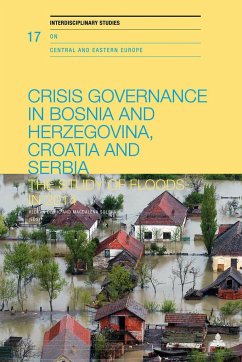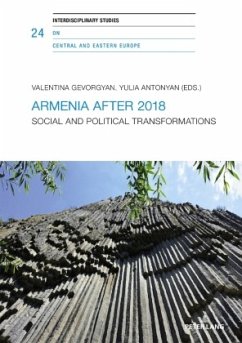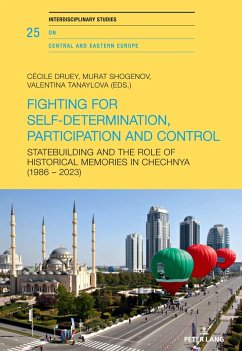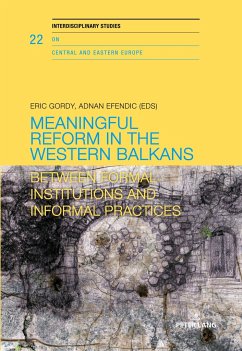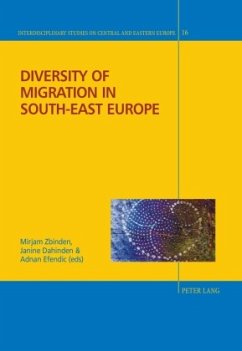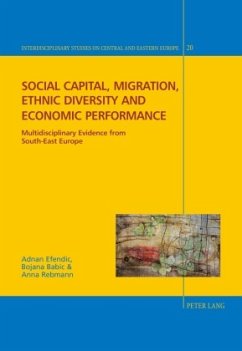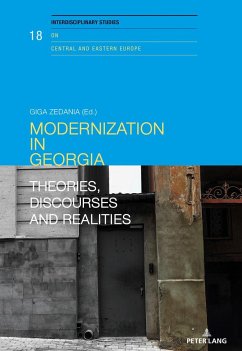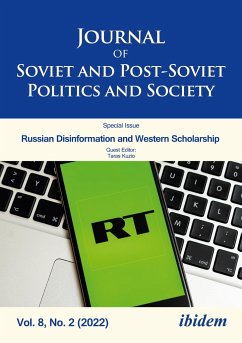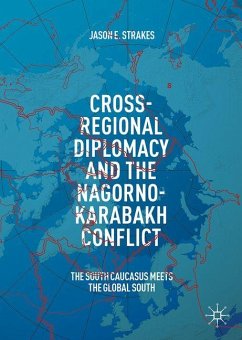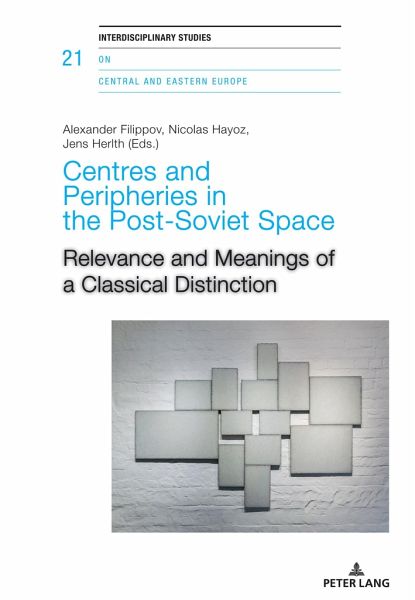
Centres and Peripheries in the Post-Soviet Space
Relevance and Meanings of a Classical Distinction
Herausgegeben: Filippov, Alexander; Hayoz, Nicolas; Herlth, Jens
Versandkostenfrei!
Versandfertig in 6-10 Tagen
90,80 €
inkl. MwSt.

PAYBACK Punkte
0 °P sammeln!
Like all empires, the Soviet Empire was also based on the distinction centre-periphery. Although the Soviet Empire no longer exists, relationships between centres and peripheries still shape realities in the region. The book analyses the relevance of this distinction for the understanding of political, economic, and cultural realities in the post-Soviet space. Case studies provided by scholars from different countries of the former Soviet Union explore the potential of the distinction in historical as well as in economic and political perspectives





